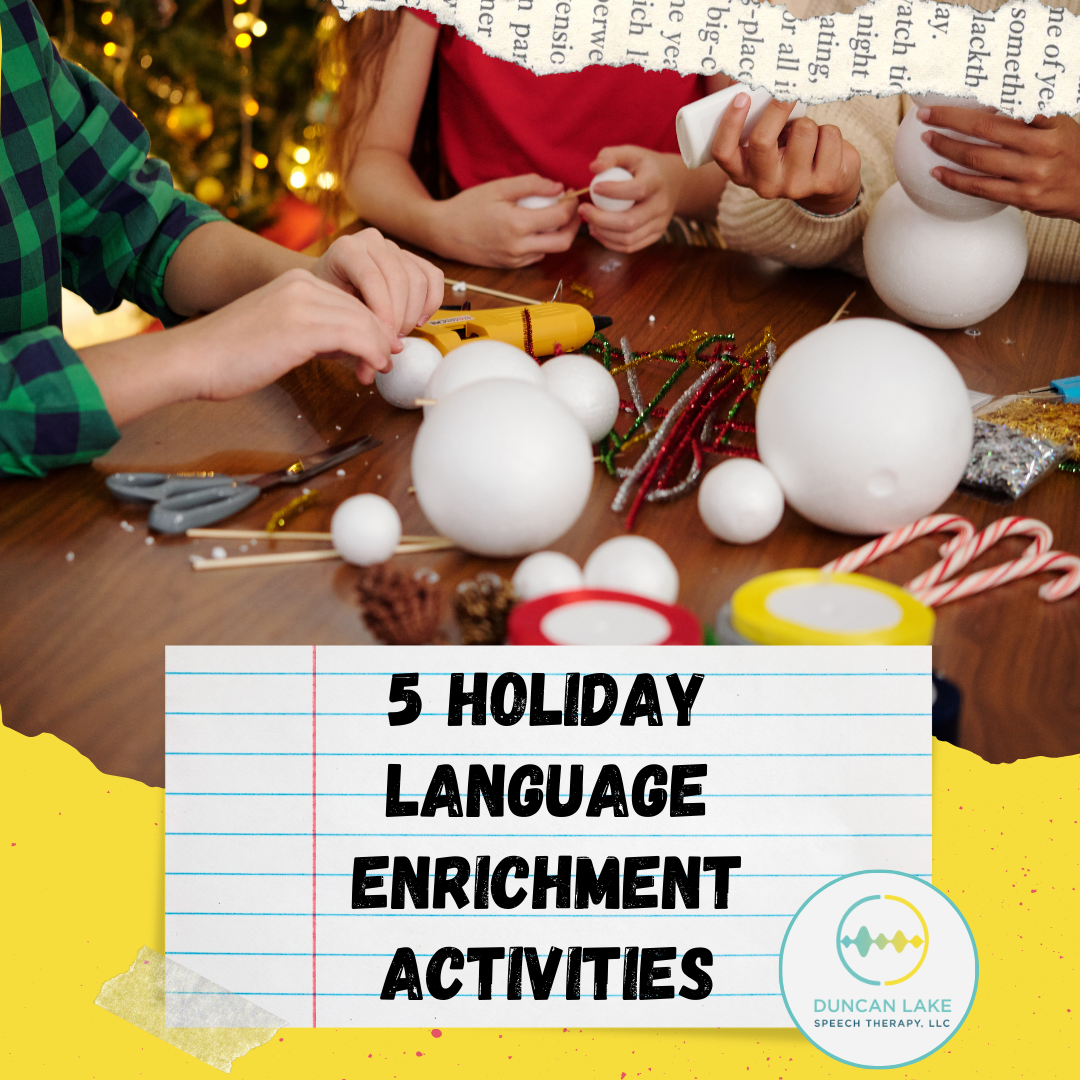
by Tami Teshima | May 30, 2025 | Inclusion
by Tamiko Teshima, M.A., CCC-SLP Practice Owner & Speech-Language Pathologist Duncan Lake Speech Therapy, LLC At Duncan Lake Speech Therapy, we believe that communication is about connection, and we know that connection starts with respect. One of the simplest and...

by Tami Teshima | Jan 1, 2025 | Research
by Tamiko Teshima, M.A., CCC-SLP Practice Owner & Speech-Language Pathologist Duncan Lake Speech Therapy, LLC Ever wondered how communication disorders impact people in the criminal justice system? We’ve broken down a fascinating research review that explores this...

by Tami Teshima | Jan 1, 2025 | Accent Modification
by Tamiko Teshima, M.A., CCC-SLP Duncan Lake Speech Therapy, LLC Updated January 2025 When my husband and I first started dating, he used to comment on how my Michigan accent really came out when I was very happy (and also very angry). This accent softened quite a bit...

by Tami Teshima | Dec 6, 2024 | Language Development
by Tamiko Teshima, M.A., CCC-SLP Practice Owner & Speech-Language Pathologist Duncan Lake Speech Therapy, LLC The holiday season is full of opportunities to connect, create memories, and—without much extra effort—boost your child’s language skills! Everyday...

by Tami Teshima | Dec 5, 2024 | Language Development
by Tamiko Teshima, M.A, CCC-SLP Practice Owner & Speech-Language Pathologist Duncan Lake Speech Therapy, LLC If you’re a parent, you may have noticed that the CDC updated their developmental milestones, including speech and language benchmarks, in 2022....







Recent Comments